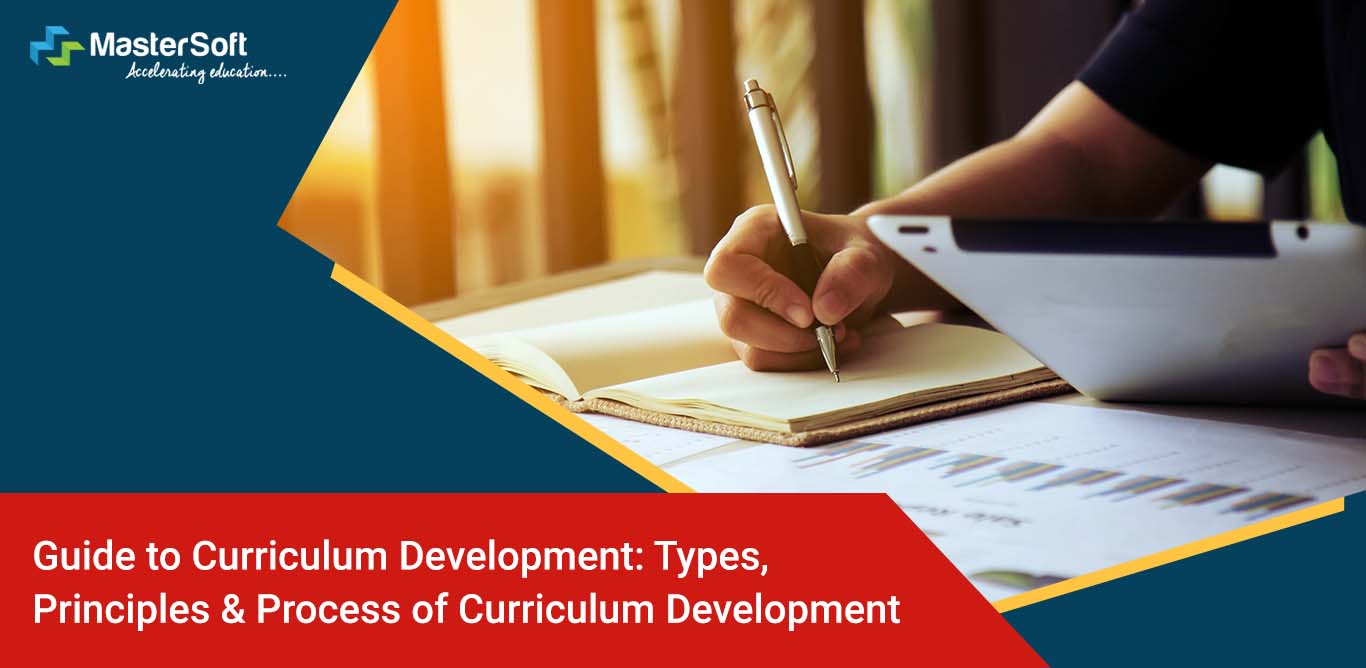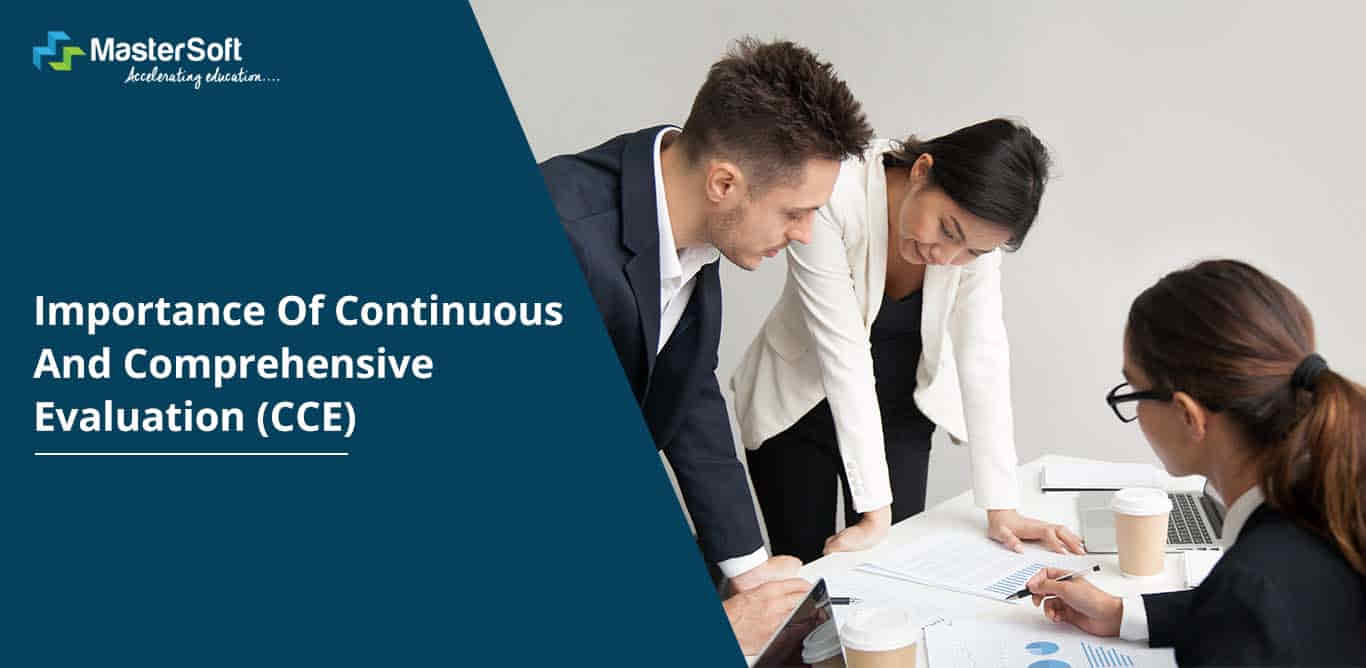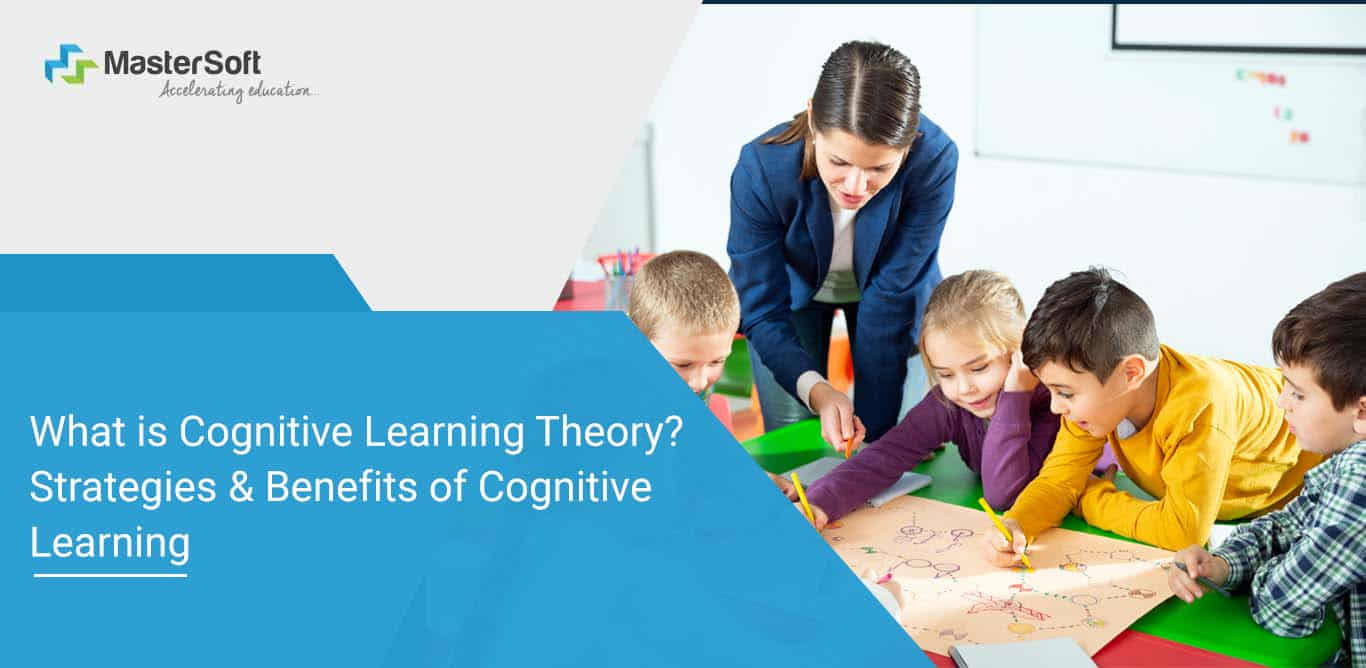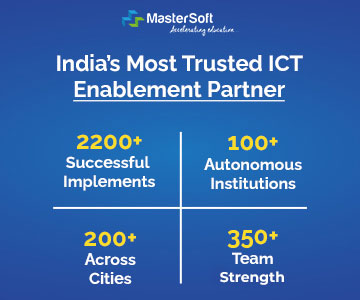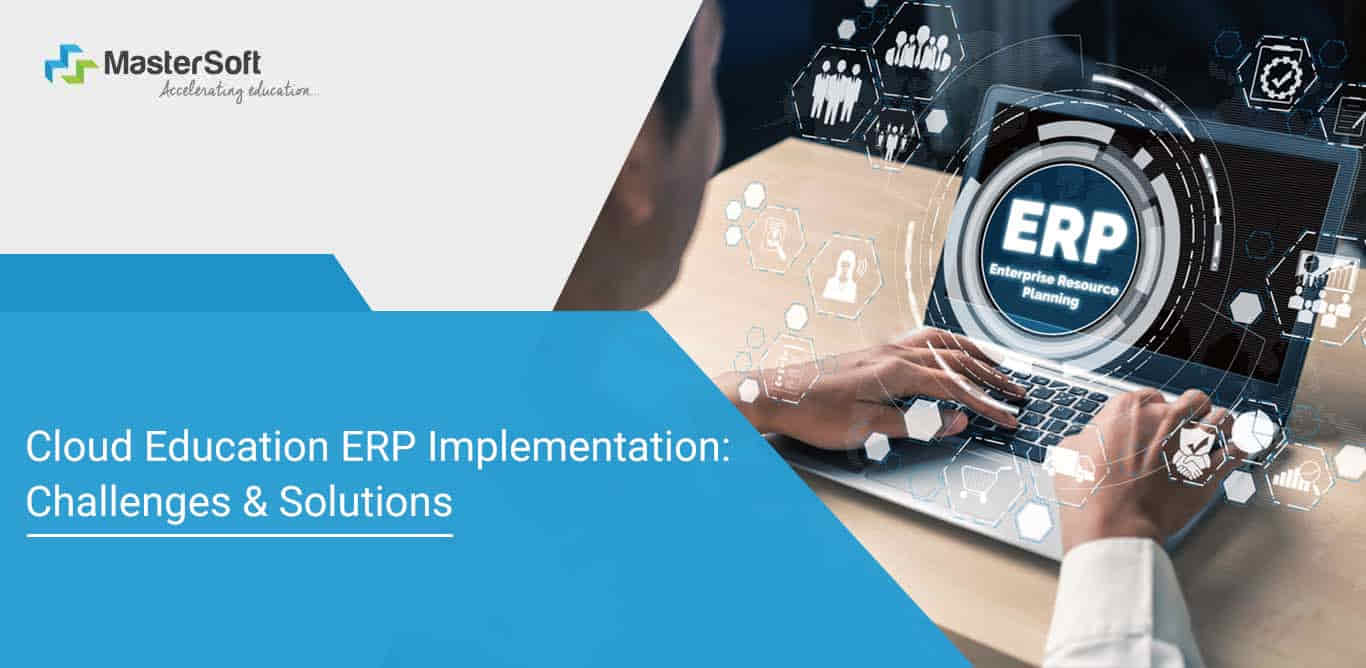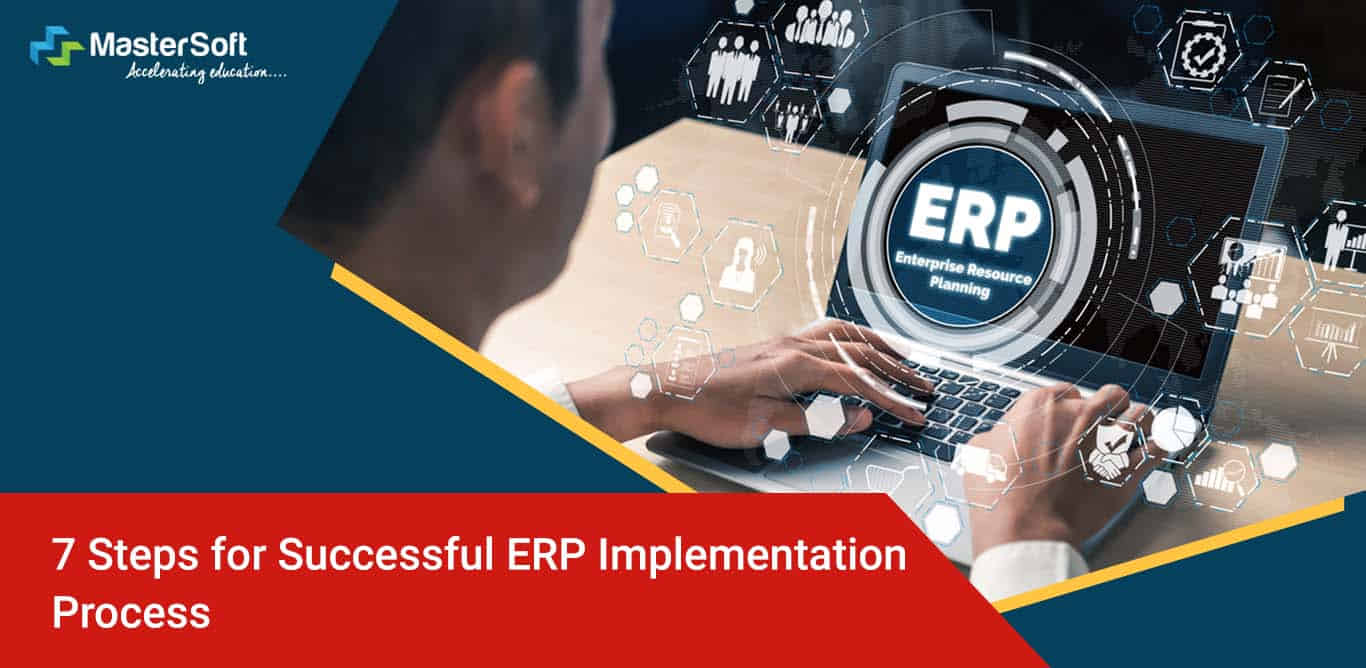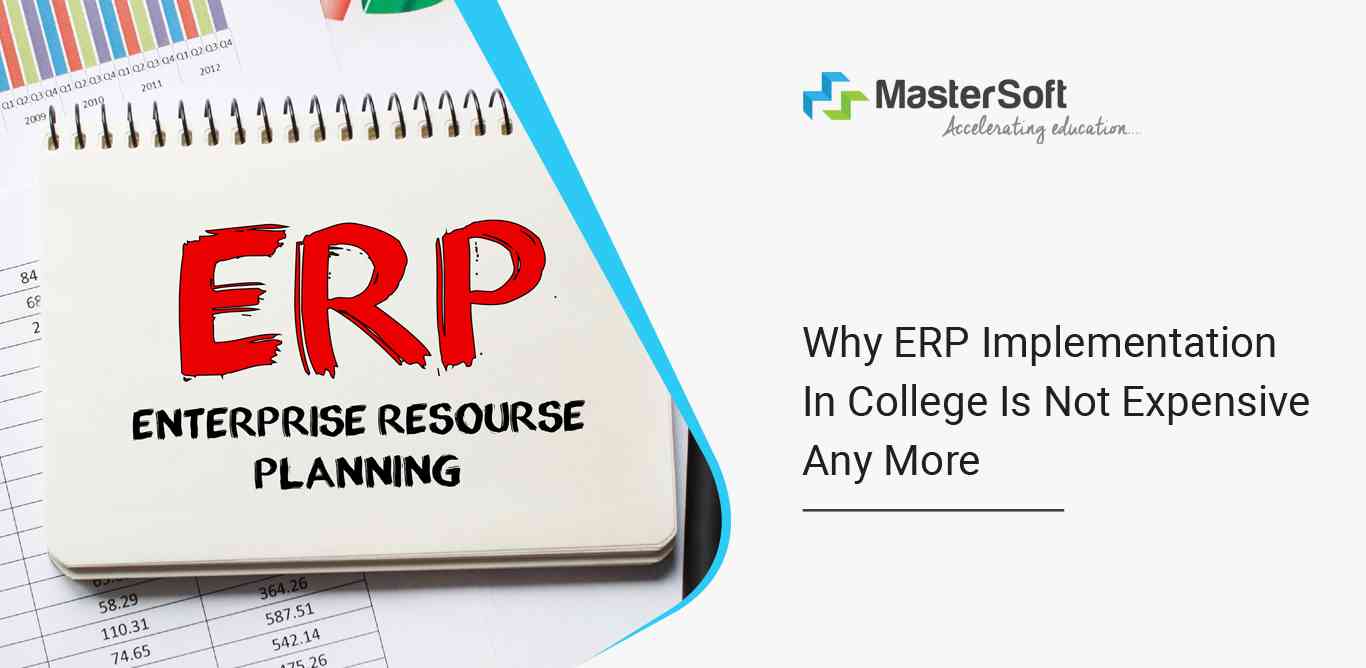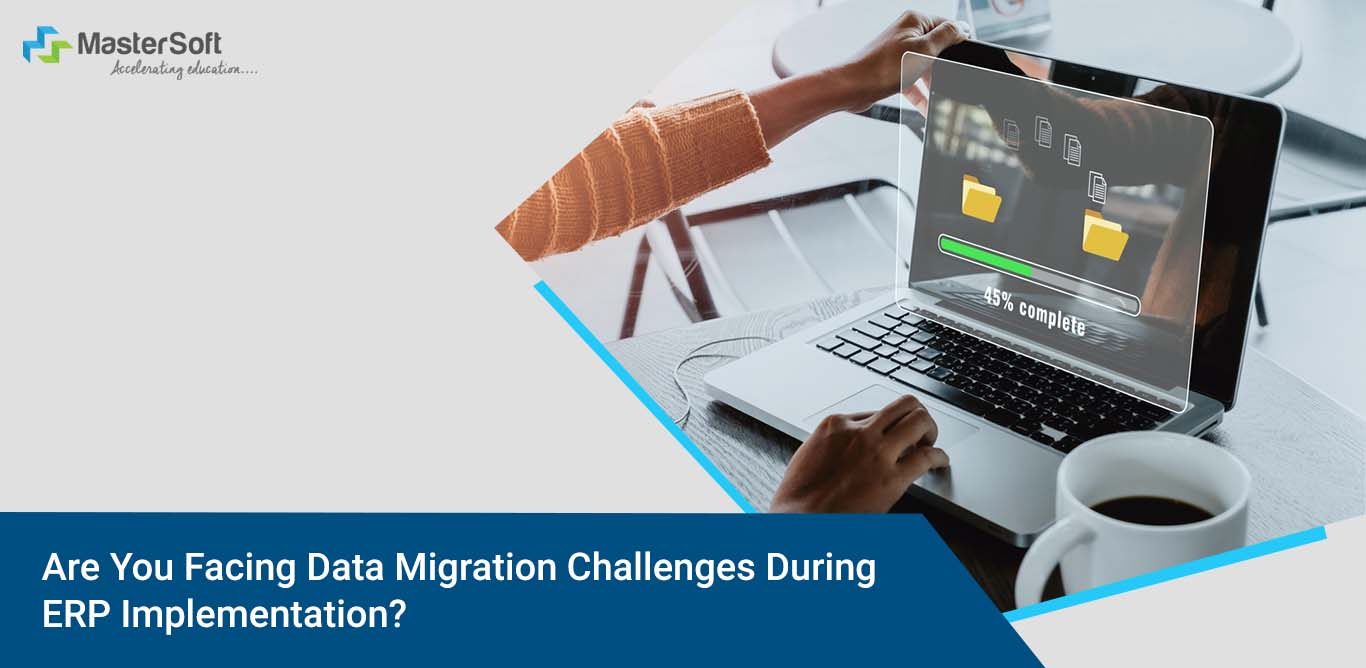
03, August 2022
What is the best way to accelerate operations in an institute? Stakeholders of institutes have found the answer to this question in ERP solutions which enables them to execute many functions effortlessly.
Besides, it helps them to manage day-to-day activities, including accounting, onboarding new students, processing fees, organising exams and results, etc. However, sometimes it just so happens that institutes make an error in choosing a suitable tool which leads to inaccurate ERP implementation.
Consequently, when they have to migrate student or institute data, they face further issues; hence it is imperative to develop and follow an ERP data migration checklist. With the help of the checklist, one can gradually verify all the prerequisites leading to a systematic implementation.
What is Data Migration?
Data migration is the method of transferring data from one storage to another or one technique to another via an advanced tool. Furthermore, data migration is one of the most important segments through which an organisation changes or switches to a new system. For educational institutes specifically, the data migration process is a significant one. Every single data has a vital role; hence the transfer of the data into the new system needs to be smooth and transparent.
Major Data Migration Challenges During Erp Implementation
Repetition of data
An institute has different departments such as admission, fees and accounts management, and library, with each having its own responsibilities. Despite the automated assistance provided by the software, it does require manual intervention, without which it may become obsolete.
Therefore, it is extremely crucial for administrative staff to identify and search the required data but ineffective communication and lack of concentration during the data migration time lead to many issues.
For instance, if the admin fails to keep track of which data needs to be transferred from manual to ERP software, it could lead to data repetition. Therefore, they need to be mindful of the entire process and keep cross-checking the data.
Data Migration Is Expensive
Here, there are two scenarios that need equal emphasis:In the first instance, when the institutes implement tools like an education ERP, the team need to put effort into extracting the important data, which goes beyond the determined budget. On the other hand, in the second instance, moving the data from an older system to a new one involves quite a lot of challenges.
Although in the second case, the cost of migration could be less depending upon the discussion between the organisation and the software implementation team. Also, it is imperative to remember that successful data migration takes a lot of time, effort and coordination.
The institute may try to cut costs by choosing the least expensive migration partner/vendor, but their decision could cost them more if the service provider makes several mistakes in the process.
Third-Party Involvement
Even while introducing any changes or systems, the institute cannot stop its operation; its different department needs to continue to operate efficiently. Hence, when there is a need for ERP implementation, it becomes difficult for the admin to give priority to it. As a result, this creates an internal conflict within the institute because professionals involved in different institutional departments are unable to keep track of the data migration process.
During the process, other task administrators give the ERP implementation trainer most of the tasks and responsibilities. When there are no individuals who are directly involved with the institute checking upon the data migration process, it creates a lot of inconsistencies.
Relying On Outdated Validation And Regulatory Rules
Educational institutes must follow multiple regulatory issues directed by higher authorities depending on whichever state, country or city they are located. However, if they blindly follow validation rules without checking their validity, it could result in transferring data they need or use.
Therefore, it is vital for the admin team to check the data and comply with the regulations to facilitate systematic, smooth and flexible operations in the institute.
Solutions To Overcome The Erp Implementation Challenges
Prioritise Data Migration
An institute always aims to provide the best educational facilities to their students; no wonder they integrate tools like a student information system to ensure academic success. Therefore, during the time of shifting the data to a new and improved system, the institute needs to develop a task force.
This task force would comprise individuals who can chalk out a plan for systematic workflow until the process concludes successfully.
Due to the fact that the implementation process is time-consuming, the team members must discuss and divide the responsibilities to avoid any conflict later on. The team must work together with the ERP trainers to carry out the process efficiently.
At first, they need to extract and cleanse the important data from the source systems so that the institute can use them in the future.
Conduct A Thorough Analysis Of The Data
When people talk about institutional data, they wonder how much it could be; it is a lot more than one can guess. Apart from student information, it includes crucial data about finances, analytical reports etc., which the team can account for via the campus management system.
Besides, they need to analyse the entire institutional data and understand how it can integrate with the ERP system to improve the organisational operations.
As mentioned above, the process needs to follow a specific plan wherein, after the data extraction and cleaning, the team needs to map it according to the ERP database’s structure. After that, they need to establish rules for translating the data into the structure during migration.
Let's Wrap It Up
ERP implementation is hugely beneficial for educational organisations because it helps to streamline the data in one place. Furthermore, it provides helpful insight into operations in real-time, and it is extremely helpful during the decision-making process.
The Fastest, Easiest, and Most Reliable Educational ERP System to Meet the Needs of Your Institute
Mobile: 08448010216
Email:info@mastersofterp.com


